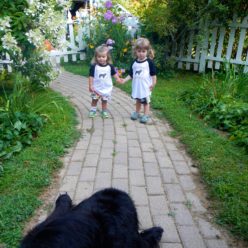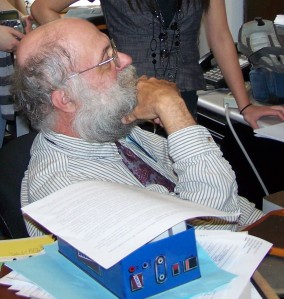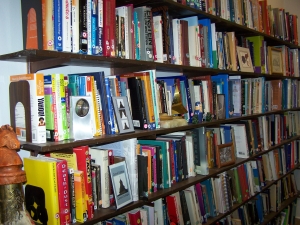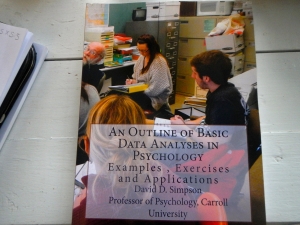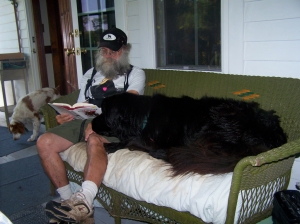The letter was posted out of state on April 29, 2014. It appeared in my campus mail box a few days later. I glanced at the hand-written envelope (too) quickly, guessed that it might be a (sigh, yet another) solicitation for a letter of recommendation, and didn’t have a chance to open it until the following Saturday while I was proctoring my first final exam.
Dr. Simpson,
I hope that this letter finds you in good health and spirit. I’m not sure if you’ll remember me, but you did something for me that I’ve never forgotten.
The letter-writer (a former academic advisee and not the academically strongest of students) had graduated three years after I had been diagnosed and treated for prostate cancer. Therefore, he might have been aware of some of my health issues while he was a student here. Alas, he’s right that I am not as good at remembering students as I once was. I suspect that some of that memory failure is age-related; some is caused, I think, by how Carroll has changed. Some by the sheer number of students I have taught in the past 36 years. And though I had no immediate recollection of the particular event he shared, nonetheless I recalled him in some detail even without going to my filing cabinet and pulling out his advisee folder.
In 2004 ,,, I called the College to inquire about online classes. The adviser I spoke with told me that you changed one of my grades allowing me to graduate. You gave me my life and I can never begin to thank you enough. … I never contacted you because I was embarrassed, but always so thankful for it….[B]ecause of what you did I have been able to get my Masters… and have the current job I hold. I am about to leave for Afghanistan … And just want you to know that I have never forgotten what you did for me and have always tried to earn it and will continue to. Thank you so much. Respectfully,
I have only a vague recollection of the particular circumstance alluded to (but I verified its occurrence).
A student, about to graduate fails a final exam in one of my courses. Were there personal circumstances affecting their performance? Is this part of a pattern? Is there justified reason to give them an additional chance—say, an oral exam?
A student is just a few points away from the next higher grade needed to graduate. This is easier for me to resolve, because of my extensive training in statistics and measurement error I am aware of and sensitive to the imprecision of measurement. I am quite comfortable in this situation under certain circumstances allowing some subjective (human, humane?) factors to enter into my final judgment of the student’s demonstrated abilities and likelihood of future success.
I most assuredly would change a grade if I myself had made a clerical error in assigning a grade. My vague recollection is that the latter was the case in this instance.
Simple acts of kindness, even when unintentional, can have long-lasting effects. This I believe. I was overjoyed to hear from him and communicated my thankfulness for his letter and best wishes for safety while serving our country.

